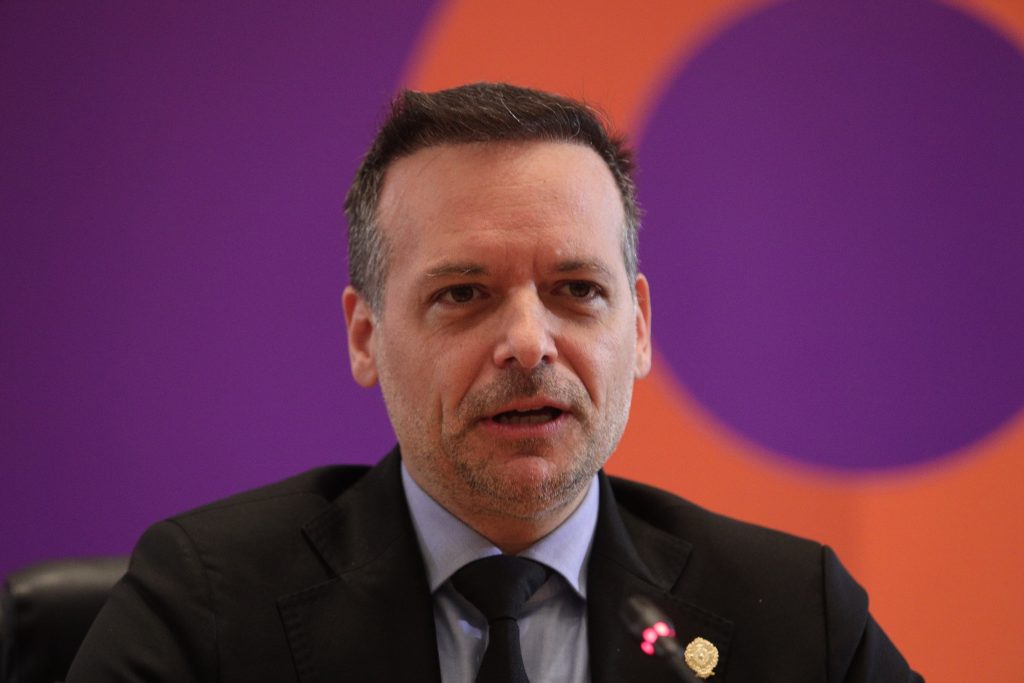With intense preparations underway, farmers and livestock breeders across Greece are gearing up for a series of protests. These actions are expected to take place in the second half of January, in response to the rising production costs, low product sale prices, and the increasing energy costs.
The decision for coordinated protests across the country was made in mid-December during a meeting organized by the Nationwide Committee of Blockades in Larissa, attended by 15 federations and over 100 agricultural associations from all over the country.
In the coming days, farmers and livestock breeders in various regions of the country are set to decide the form of their protests (blockades, gatherings, rallies) as well as when they will take to the streets.
The livestock breeders of Crete have already decided to mobilize, announcing that on Wednesday, Jan. 15, they will protest in Heraklion against the financial deadlock they are facing.
At the same time, they are demanding stricter controls to protect local production, timely and fair compensation for losses, and fair payments of subsidies.
Farmers are standing alongside the livestock breeders, as decisions have been made to turn the protest into a pan-agricultural one, pointing out that there is no other way but the path of struggle to be able to stay in their fields and villages.
The federations and agricultural associations in Thessaly, as well as the agricultural and livestock associations in Evros, are organizing with a timeline aimed at mid-January to decide on their participation in the nationwide protests.
Farmers are putting forward demands for their survival, emphasizing their will stay in their villages, with their crops and livestock, so they can continue producing their products.
As highlighted in a call from the Nationwide Committee of Blockades, “This year has been devastating for the vast majority of products, with low prices combined with extremely high production costs, various damages from diseases and natural disasters, and the lack of infrastructure projects that reduced production.”
At the same time, they emphasize that the implementation of the EU Common Agricultural Policy (CAP) has been disastrous, as highlighted in last year’s major protests both in Greece and across the EU, which resulted in significant reduction in basic subsidies and environmental programs.



